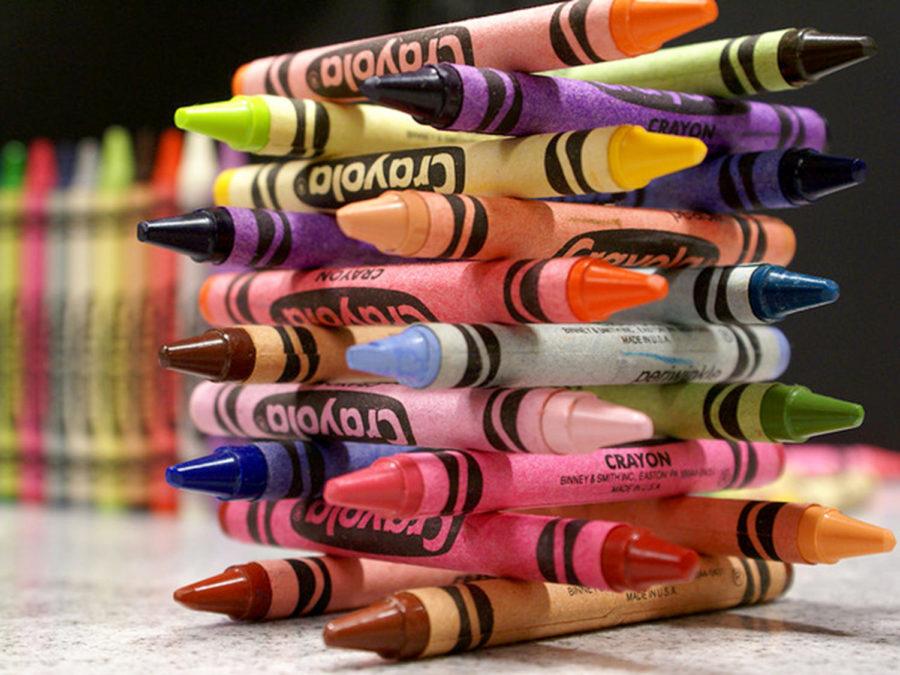Cummings: Technology stifles creativity, original thought
Tech stifles Creativity
December 17, 2013
Originality is hard to come by these days. Even when trying to figure out a topic for this opinion column, I had to exhaust nearly every corner of my brain and Google’s expansive stores of knowledge to finally settle on a subject.
One would think that in a world where information is more easily collected and readily accessible to any curious mind than ever before, new ideas would be in constant supply. We should have excess ideas — so many that we can’t even manage to remember them all, let alone create something tangible from them.
But we don’t.
Throughout the past few decades, we’ve been seeing an increasing number of remakes. Movie remakes seem to be coming on more frequently, especially in popular genres, and there seem to be a never-ending supply of cheesy, teenage romantic vampire novels to be published.
And while a lot of remakes are probably made in an attempt to capitalize on a popular idea, the public realizes this and will be quick to brush off another sad attempt at recreating a classic. People grow tired of the same old things.
But who’s to blame for our lack of originality? Have we simply lasted so long as a species that we’ve just used up every possible idea? Have all the great, original ideas already been thought of?
It is hard to say. But before we go assuming there’s only a limited supply of ideas, we should look at major changes in society that could account for this shortage of creativity. Many signs point to technology.
As one of the most radical changes that has occurred in the past 100 years, technology has changed the way people live their lives, and even possibly the way they think. There’s no doubt it probably has had some effect on the way people create.
The creative workplace has definitely seen a turn for the worse. In a study by Getty Images’ iStock with KRC Research called “Free the Creative,” 63 percent of workers in the creative industry (design, publishing, photography, advertising and marketing, etc.) said they simply do not have the time to think about or reflect on original ideas. And when the key to inspiration is time for reflection, our busy lives pose a real threat to the creative process.
But when trends in mobile usage suggest the average person looks at their phone 150 times per day, and a study by the Council for Research Excellence shows that the average person also spends eight and a half hours in front of a screen, one has to wonder if we’re really as busy as we seem to think we are.
While some technology could be and is used for creative purposes, some just remains a distraction. Smartphones, for instance, are capable of holding a wide variety of applications that are meant to foster creativity. The popular photography app, Instagram was designed to give budding artists a place to display their latest masterpieces. But that’s not what the public uses it for.
Instead, Instagram has become just another place for people to post “selfies” and pictures of their food. Even the various filters users can choose from seem to take away from any originality, as most of the creative work is already done for you.
Other technology simply distracts people from doing other creative things. With hundreds of games right at the fingertips of every smartphone or tablet user, the likelihood of people choosing to write, draw or engage in other artistic activities decreases dramatically.
With so many doors now open to us through advances in technology and communication, people should have no problem finding new ways to express their ideas and come up with new ones. However, the technology that created all these opportunities for originality is also what distracts us from realizing that potential.
In today’s hectic — or perhaps seemingly hectic — world, true originality and creativity may be possible only by unplugging for a while. People looking for inspiration by using technology might benefit instead from setting down the phone or laptop for a little bit and becoming more in-tune with physical reality.
Creativity and original ideas are not gone. They haven’t been used up. They just require more quiet, reflective thought than we’re used to giving them. And it is hard to think when we’re all busy playing Candy Crush.

















